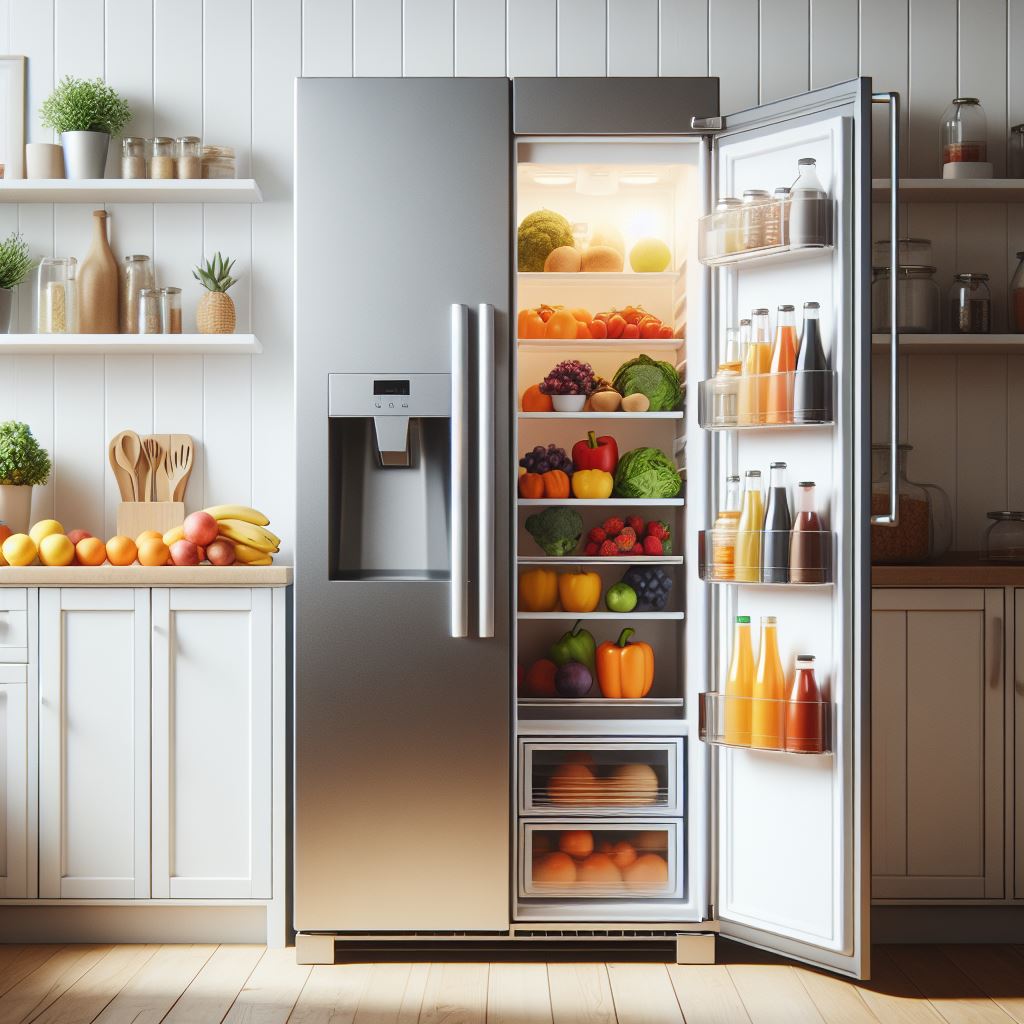Are you tired of finding your fruits and vegetables getting mushy and moldy in your refrigerator due to high humidity levels? Don’t worry, there are simple and effective ways to lower the humidity in your fridge and keep your produce fresh for longer. By following a few easy steps, you can create the perfect environment for your food to stay crisp and delicious. Let’s dive into some practical tips to help you lower the humidity in your refrigerator.
Refrigerators play a crucial role in our daily lives by keeping our food fresh and safe to eat. However, high humidity levels in the refrigerator can lead to excess moisture, potential food spoilage, and even mold growth. If you’re facing this issue, here are some practical tips to help you lower the humidity in your refrigerator:
1. Check the door seals: Damaged or worn-out door seals can allow warm, humid air to enter the refrigerator, leading to condensation. Inspect the seals for cracks or gaps and replace them if needed to keep the humidity levels in check.
2. Avoid storing hot food: Placing hot food directly in the refrigerator can increase humidity levels due to the steam released. Let hot food cool down to room temperature before storing it in the fridge to prevent excess moisture.
3. Use a dehumidifier: If you live in a humid area, consider using a dehumidifier near the refrigerator to remove excess moisture from the air. This can help maintain optimal humidity levels inside the appliance.
4. Keep the refrigerator clean: Regularly clean the interior of the refrigerator to remove spills, crumbs, and food particles that can contribute to humidity. Use a mild detergent and water solution to wipe down surfaces and prevent mold and mildew growth.
5. Store food properly: Store food in airtight containers to prevent moisture from escaping and causing humidity. Avoid overpacking the refrigerator, as this can restrict airflow and trap humidity inside.
6. Use moisture absorbers: Place moisture absorbers like baking soda, activated charcoal, or silica gel packets inside the refrigerator to absorb excess moisture. Remember to replace them regularly for maximum effectiveness.
By following these simple yet effective tips, you can lower the humidity levels in your refrigerator and ensure your food stays fresh for longer. Maintaining proper humidity levels not only prevents food spoilage but also enhances the efficiency and lifespan of your refrigerator. Keep these strategies in mind to create a comfortable and safe environment for your food storage needs.
1. How can I lower the humidity in my refrigerator?
To lower humidity in your refrigerator, try adjusting the temperature settings to a slightly warmer setting, around 37-40 degrees Fahrenheit. You can also place a container of baking soda inside to absorb excess moisture.
2. Why is high humidity in my refrigerator a problem?
High humidity in your refrigerator can lead to the growth of mold and mildew, which can affect the quality and freshness of your food. It can also cause your refrigerator to work harder and use more energy.
3. Are there any other ways to lower humidity in my refrigerator?
Yes, you can try placing a dehumidifier or moisture absorber inside your refrigerator to help reduce humidity levels. Additionally, make sure to properly seal food containers and wipe down any condensation that forms inside the refrigerator.
